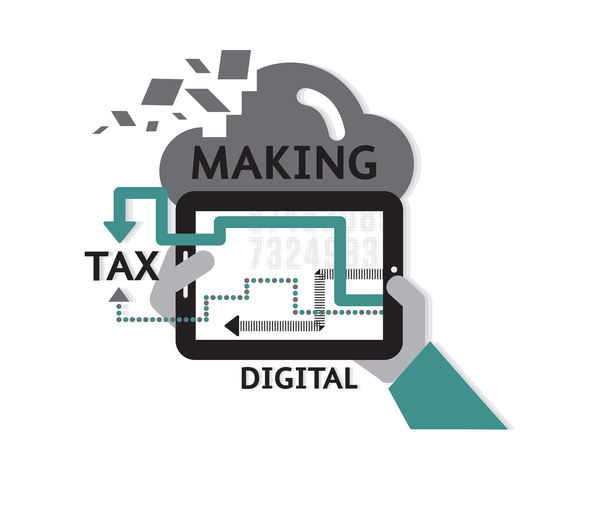.jpg)
Previously, HMRC automatically issued cheques in cases where employees were due repayments under the pay as you earn (PAYE) scheme. Now, employees must take action to receive the repayment.
After the end of each tax year, HMRC conducts a check to determine whether an employee has paid the correct amount of tax under PAYE.
If the employee has paid too much tax, for example because they have been put on the wrong tax code, HMRC will write and tell them that they must make a repayment. These letters are usually sent between June and November after the end of the tax year.
Up until recently, HMRC sent a cheque to the employee if they had not claimed the repayment online after 21 days. Since 31 May 2024 though, cheques have not been issued automatically. Instead, the employee must claim their repayment.
The tax calculation letter includes instructions on how to claim the repayment and the alternative process for those that cannot claim online. The employee can request a cheque through this process if required.
Further information
See HMRC's guidance on tax overpayments and underpayments.
The information provided in this blog is for general informational purposes only and should not be considered professional advice. As far as we are aware, the content is accurate at time of publication. Torgersens assumes no responsibility for errors or omissions in the content or for any actions taken based on the information provided.

.jpg)
.jpg)





